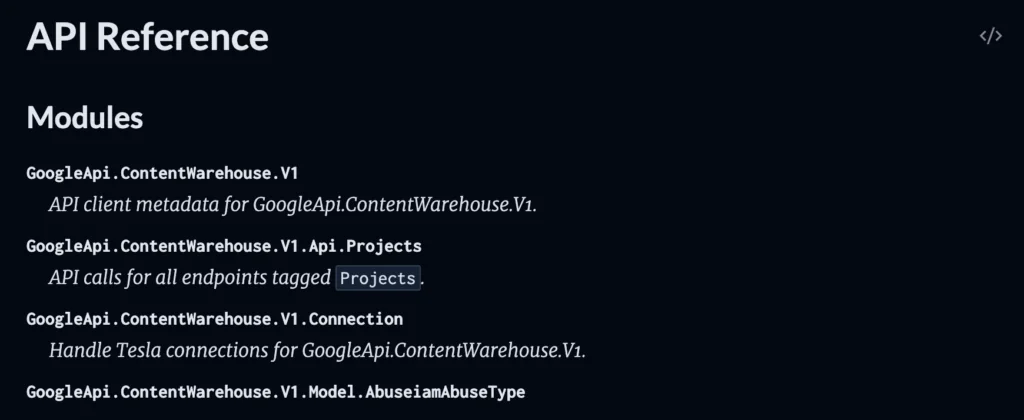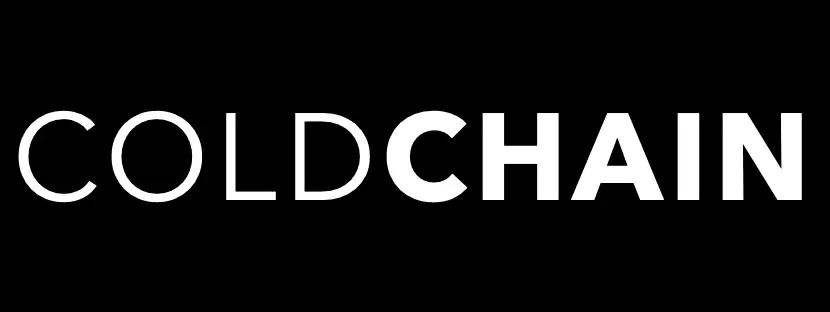Interested in Web3 SEO? Let’s talk.
Google’s infamous algorithm appears to have leaked (confirmed by Google) revealing some not-so-surprising details about Google’s approach to ranking signals.
Implications for Web3 and Crypto Projects to Consider
These insights emphasise the need for a holistic Web3 SEO strategy:

1. Build and maintain a strong, recognisable brand.
A strong, trusted brand is now known to be a key element of Google’s ranking factor. Websites pertaining to YMYL (your money, your life) and those with financial instruments are particularly scrutinised by Google. As such, having a strong, authoritative brand is important.
2. Create high-quality, engaging content that satisfies user intent.
As we know, content is vital to Crypto SEO and a big differentiator and value-add to your potential end users and customers. Having strong, engaging and data-informed content will go a long way in securing more users.
3. Ensure a diverse and relevant backlink profile.
Backlinks have commonly be known to be important for decades, in web3 this also holds true. Projects can utilise their ecosystems, partners, outlets and other relevant backlinks to develop a rich, and relevant backlink profile.
4. Regularly update and enhance content based on recent data and user behaviour.
Content should be informed by data. While brand, tone-of-voice and style are important, and underpinning of data will help content reflect what users are in need of, and amend based on their favourable, or unfavourable behaviours.
5. Leverage authoritative authors & outlets to contribute to your site.
Landing placements across authoritative web3 media and outlets will secure you an authoritative nod from other established entities. This is at the heart of strong backlinks, important sites linking to your site gives your site importance and authority.
More details on the leak below.
Ranking Systems & Features

The documents reveal that Google’s algorithm uses an extensive array of 2,596 ranking modules and 14,014 attributes. These features likely encompass various aspects such as keyword relevance, site quality, and user engagement metrics. However, the documents do not disclose the specific weight or importance assigned to each feature, leaving some aspects of the algorithm opaque. Understanding this complexity emphasises the need for a comprehensive and multifaceted approach to SEO, ensuring that all potential ranking factors are optimised.
Twiddlers
Twiddlers are functions within the algorithm designed to re-rank content by adjusting its information retrieval score. This suggests that Google’s ranking process is dynamic, continually refining search results to improve relevance and user satisfaction. For SEO practitioners, this highlights the importance of consistently updating and enhancing content to stay aligned with the ever-evolving criteria that twiddlers might influence.
Demotions
Content demotions can occur due to various issues:
- Irrelevant Links: Links that do not contribute meaningfully to the content’s topic can lead to lower rankings.
- User Dissatisfaction: Signals such as high bounce rates or short dwell times can negatively impact rankings.
- Product Reviews: Low-quality or thin product reviews may be demoted to ensure users receive valuable information.
- Exact Match Domains (EMDs): While EMDs once had significant ranking advantages, they can now be demoted if deemed manipulative or low quality. It’s best to avoid these pitfalls by focusing on relevance, user satisfaction, and high-quality content.
Historical Data
Google tracks historical data of webpage versions but primarily focuses on the last 20 changes for link evaluation. This indicates that recent updates play a crucial role in determining a page’s current authority and relevance. Regularly updating content and ensuring that recent changes improve quality and relevance can positively impact rankings.
Links and Clicks
Links: Both the diversity and relevance of backlinks are critical. A diverse link profile indicates widespread authority and relevance across various sources. Google’s continued use of PageRank signifies the ongoing importance of acquiring high-quality backlinks.
User Clicks: The algorithm considers user engagement metrics like goodClicks (positive interactions) and badClicks (negative interactions, such as quick bounces). This underscores the need for engaging content that meets user intent and encourages longer visits.
Additional Factors
Brand Importance: Recognised brands tend to perform better in search rankings, likely due to higher trust and recognition among users. Building a strong brand can, therefore, significantly boost search visibility.
Entities and Authorship: Google tracks entities and authors, associating content quality and expertise with specific authors. Having recognised and authoritative authors contribute to your content can enhance its credibility and ranking.
Chrome Data: User data from the Chrome browser informs rankings, highlighting the role of user behavior and preferences in shaping search results. This points to the importance of user experience optimisation across all aspects of a website.
Whitelists and Special Treatment: Certain domains, particularly those related to critical information like elections and COVID-19, receive special treatment to ensure accuracy and reliability. While this might not directly impact most websites, it emphasises Google’s commitment to authoritative and trustworthy information.
Book a Consultation Today
Want to talk SEO? Complete the form below and we will come back to you ASAP!



